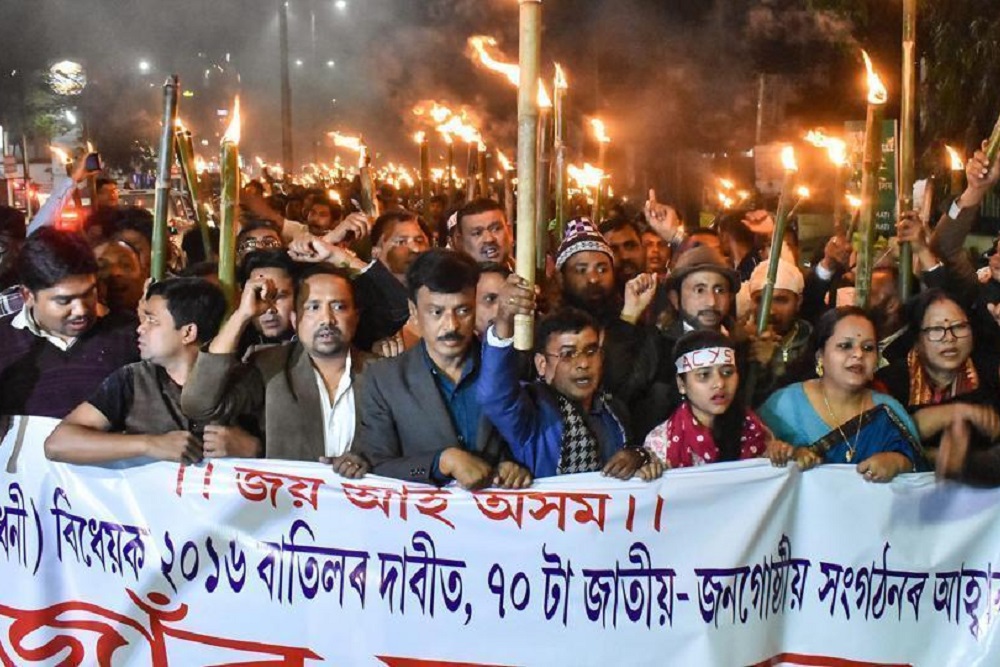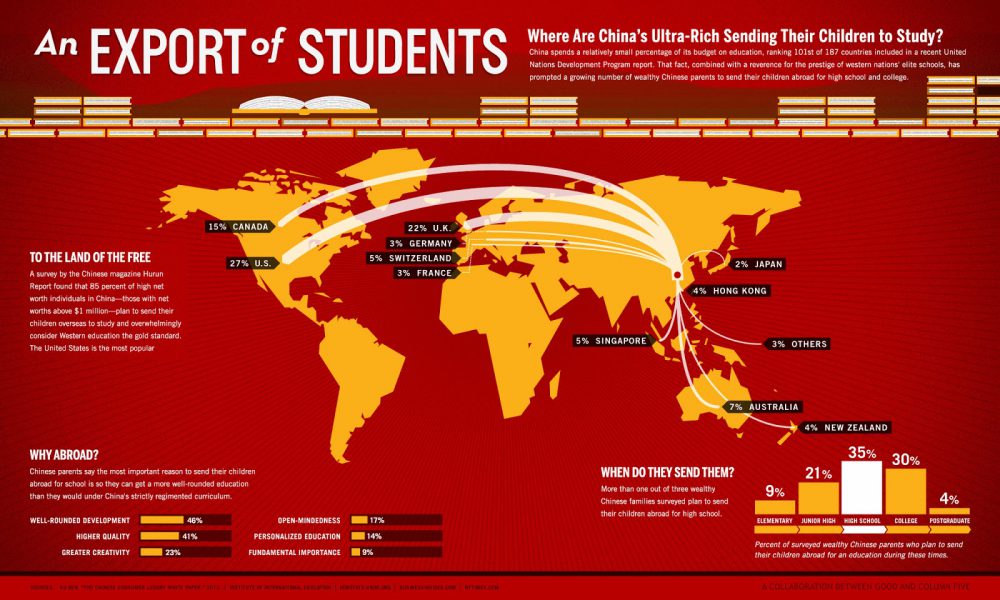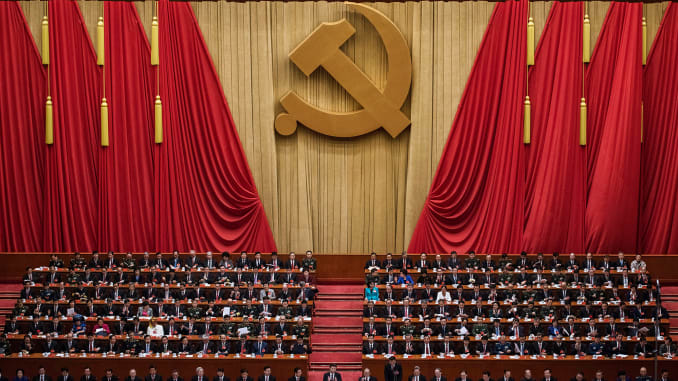As protests against the controversial citizenship law rage across India, government authorities have resorted to the internet shutdown in cities where protesters march. One remembers that Modi’s winning stance in 2014 is nationwide internet connectivity.
This move by Prime Minister Narendra Modi’s government has been condemned by many, describing the internet shutdown as a way by dictators to stifle dissent.
Notably, the country has recorded the highest number of internet blocks in the world so far this year.
According to reports, India has severed connectivity 93 times this year alone and 134 times last year, more than any other country. Not coincidentally.
The closest competitor is Pakistan, which has shutdowns their internet 12 times last year, while Syria and Turkey, only shut down the internet just once in 2018.
Previously, government authorities in the north-eastern states of Assam, Meghalaya, and Tripura shut down the internet after protests against the new citizenship law broke out in that region.
Much of West Bengal and parts of Uttar Pradesh, two of India’s most populous states, are also under digital lockdown.
Most notably, the Kashmir region, which is still languishing offline since August where at least 60 million people have been cut off from the web.
Many Indians have criticized what they perceive to be a clampdown on free speech and a conservative leadership whose first reaction at any sign of unrest is to suspend the internet.
Justification for the internet shutdown
India government authorities have issued a statement claiming they are trying to stop the spread of misinformation, which can outpace their efforts to control it.
The shutdowns have been described as part of the Modi administration to tightening their grip on the government. The Modi administration has recently jailed hundreds of Kashmiris without charges, intimidated journalists, arrested intellectuals and suppressed adverse economic reports.
Lies and more lies- this is what the Congress and it’s allies are spreading on CAB.
The CAB affects no citizen of India. In line with our ethos of assimilation and compassion, it ensures a better life for persecuted minorities from other nations. pic.twitter.com/ijMM92OBOL
— Narendra Modi (@narendramodi) December 12, 2019
Critics have said that PM Modi is whittling away at India’s traditions of democracy and secularism.
Part of the criticism is sparked by the fact that PM Modi made internet connectivity a significant election plank before he won his first term as prime minister in 2014.
He championed a government initiative called Digital India, aimed at strengthening the country’s digital infrastructure.
Modi during his campaign said he wanted more than a billion Indians online and wanted to take cheap, high-speed broadband to rural areas to achieve this feat.
Harmeet Singh, a senior police official in Assam, has supported the country’s internet closure. According to him, the authorities are trying to stop the spread of hateful and dangerous misinformation, which can move faster on Facebook, WhatsApp, and other services than their ability to control it.
China declares support for India’s internet shutdown
Amidst the massive number of condemnation against the shutdown, China’s state-run newspaper has published an article defending the country against western criticism of cyber censorship.
The article in People’s Daily titled “India’s internet shutdown shows normal practice for sovereign countries” uses internet shutdown in Assam and Meghalaya to defend against US criticism of Chinese orders to stop all internet services in the volatile province of Xinjiang.

A familiar chat would be: “Are you a communist?” “No, I am an anti-fascist” “For a long time?” “Since I have understood fascism.” Ernest Hemingway, For Whom the Bell Tolls #IndiaAgainstCAA #Emergency2019 #internetshutdown #
Do we have cause for being concerned when the leader of our nation doesn’t want us to chat with each other? Share your comments below and get connected.







